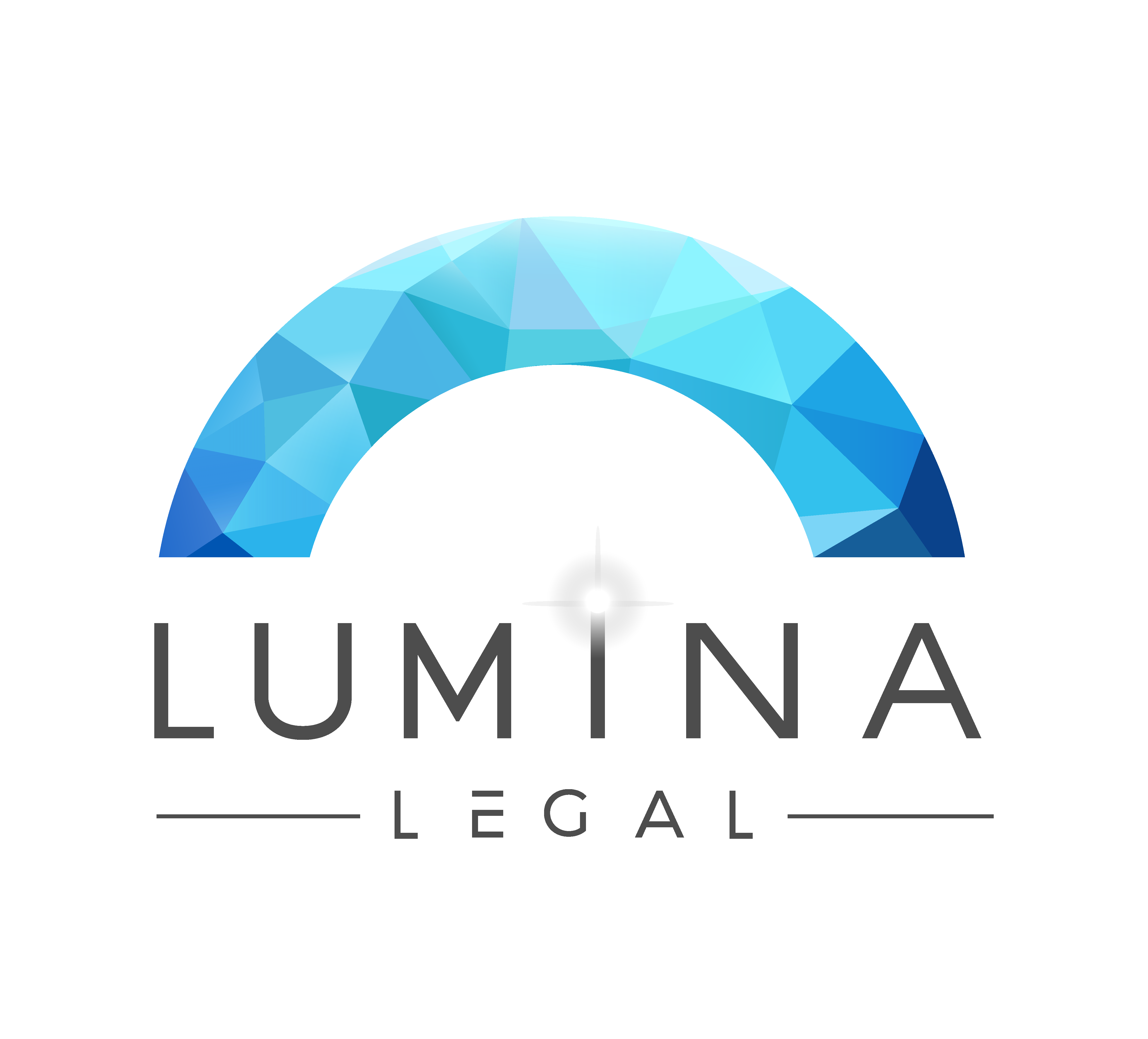In this article, you will find important information about raising funds for Startups. Additionally, you will learn about funding rounds, series a funding legal documents, and key contractual terms.
As a startup law firm in Seattle, we understand the challenges that entrepreneurs face when it comes to raising funds for their ventures. Once you have secured an investor interested in supporting your Seattle startup, it’s essential to understand the process of converting their investment into equity in your company. Here, I will guide you through the steps involved and the legal documents required.
The first step is to negotiate the terms of the agreement with your investor. This includes discussions around the percentage of equity they will receive in exchange for their investment and any conditions associated with that ownership. In some cases, a company valuation may be necessary to determine the precise amount of equity to be granted.
Once the terms are agreed upon, you will need to draft an investment agreement or a subscription agreement. This document will outline the rights and obligations of both parties, including details about the amount of money to be invested, the shares to be issued, and any restrictions related to the sale of those shares. It’s crucial to seek the guidance of an experienced attorney to draft this agreement accurately and ensure that it reflects the agreed-upon terms.
What are the common funding rounds?

Startups often raise funds through multiple rounds of financing to support their growth. Understanding the different funding rounds is essential as an entrepreneur seeking investment. Here are some common funding rounds:
Seed Round
The seed round is the initial stage where entrepreneurs seek funding to develop their idea and validate their business model. Funding at this stage typically comes from angel investors, friends, and family.
Series A Funding
Following the seed round, the series A funding involves a larger investment from venture capitalists. Investors at this stage look for startups with a viable product or service and a scalable business model.
Series B, C, D, and Beyond
These subsequent funding rounds occur as the startup continues to grow and requires additional financing to expand operations and enter new markets. In these later stages, investors are often larger venture capital firms or even investment funds.
What are the documents needed in a funding round?

During a funding round, several legal documents are necessary to formalize the investment and establish the rights and obligations of the involved parties. These funding legal documents may include:
- Term Sheet: A term sheet outlines the key terms and conditions of the investment, including the valuation of the company, the amount of investment, and the investor’s rights.
- Subscription Agreement: This agreement formalizes the investor’s subscription for shares in the company. It includes details such as the number of shares, the purchase price, and any applicable restrictions or conditions.
- Investor Rights Agreement: This agreement outlines the rights and protections afforded to the investors, such as information rights, participation rights, and anti-dilution provisions.
- Shareholders Agreement: A shareholders agreement governs the relationship between the company’s shareholders and establishes their rights and obligations. It covers matters such as voting rights, board representation, and transfer restrictions.
Important contract terms to keep in mind when providing equity to an investor.

When providing equity to an investor, it’s crucial to pay attention to certain contract terms that can impact both parties. These include:
Vesting
Vesting provisions ensure that the investor’s equity is subject to a predetermined schedule, often tied to their continued involvement with the company. This protects the company in the event the investor leaves prematurely.
Drag-Along and Tag-Along Rights
Drag-along rights allow majority shareholders to compel minority shareholders to sell their shares in the event of a sale of the company, while tag-along rights grant minority shareholders the option to participate in such a sale on the same terms.
Anti-Dilution Protection
Anti-dilution provisions protect investors from the dilution of their ownership percentage in case the company issues additional shares at a lower valuation in the future.
Exit Strategies
Consider including provisions that outline potential exit strategies, such as the right to participate in future initial public offerings (IPOs) or the sale of the company.
Navigating the legal aspects of fundraising for your Seattle startup can be complex, but with the guidance of an experienced attorney, you can navigate this process with confidence.
Contact us, your business lawyer seattle to discuss your startup’s fundraising goals and to ensure that you have the necessary legal documents in place for a successful funding round.


Recent Comments